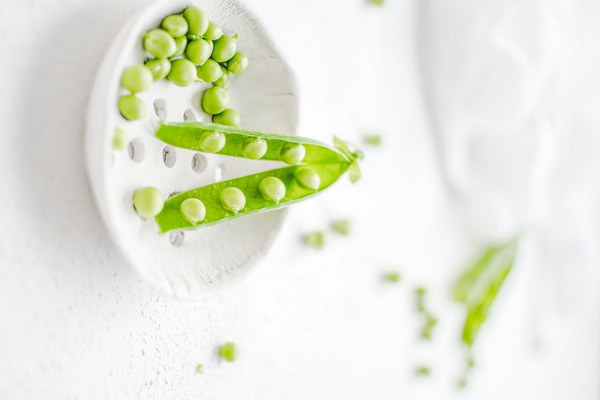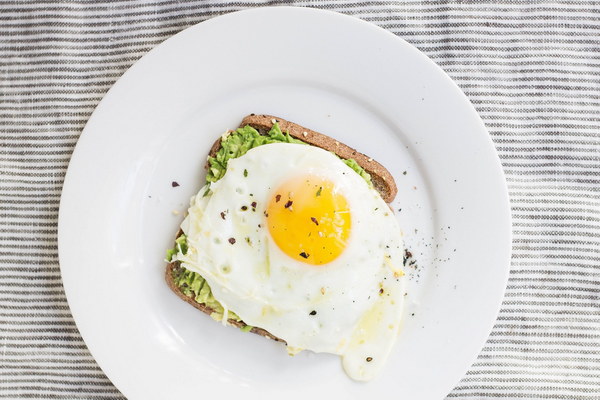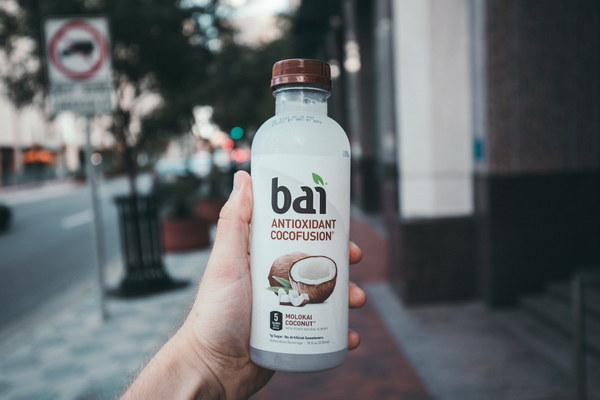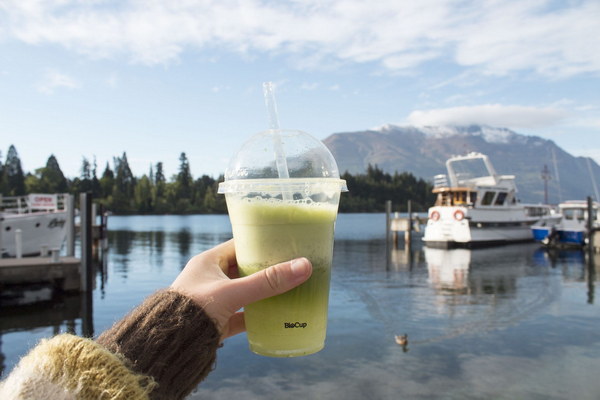Reviving Youth The Science Behind Anti-Aging Collagen's Power
In the quest for eternal youth, the beauty industry has continually sought out the ultimate anti-aging solution. One such ingredient that has gained significant attention is collagen, a protein that plays a crucial role in maintaining the skin's elasticity and suppleness. This article delves into the science behind anti-aging collagen's power, exploring its mechanism of action and how it can help combat the signs of aging.

Collagen is the most abundant protein in the human body, forming the structural framework of the skin, bones, tendons, and ligaments. As we age, the natural production of collagen slows down, leading to sagging skin, wrinkles, and loss of elasticity. This is where anti-aging collagen comes into play.
The primary role of collagen in the skin is to provide structure and support. It forms a network of fibers that give the skin its strength and flexibility. When this network becomes damaged or depleted, the skin loses its youthful appearance. Anti-aging collagen products aim to address this issue by boosting the body's natural collagen production or providing external collagen to fill in the gaps.
One of the primary ways anti-aging collagen works is by stimulating the body's fibroblasts, the cells responsible for producing collagen. By applying collagen topically or consuming it orally, the fibroblasts are prompted to produce more collagen, leading to improved skin elasticity and reduced appearance of fine lines and wrinkles.
Another mechanism of action involves the hydration aspect of collagen. Collagen has a unique ability to attract and retain water molecules, which keeps the skin plump and hydrated. As we age, the skin's natural ability to retain water diminishes, leading to dryness and a lackluster appearance. By providing external collagen, anti-aging products help to restore hydration and improve the skin's overall texture.
In addition to its hydrating properties, collagen also plays a role in wound healing and skin repair. As we age, the body's ability to heal itself becomes compromised, leading to slower recovery from injuries and an increased likelihood of scarring. By supporting the body's natural collagen production, anti-aging collagen products can help to accelerate the healing process and reduce the appearance of scars.
While the benefits of anti-aging collagen are well-documented, it's important to note that not all collagen sources are created equal. Marine collagen, derived from fish scales, is often considered the gold standard due to its high absorption rate and bioavailability. Additionally, hydrolyzed collagen, which has been broken down into smaller peptides, is more easily absorbed by the body and can be found in many anti-aging skincare products.
When incorporating anti-aging collagen into your beauty routine, it's essential to choose high-quality products that contain the right type of collagen. Look for products that list marine collagen or hydrolyzed collagen as their primary ingredient. Additionally, consider combining collagen with other anti-aging ingredients, such as vitamin C and retinol, for maximum effectiveness.
In conclusion, the science behind anti-aging collagen's power lies in its ability to stimulate collagen production, improve skin hydration, and support the body's natural healing processes. By incorporating collagen into your beauty routine, you can achieve a more youthful and radiant appearance. Remember to choose high-quality products and consult with a dermatologist or skincare professional to determine the best approach for your individual needs.









